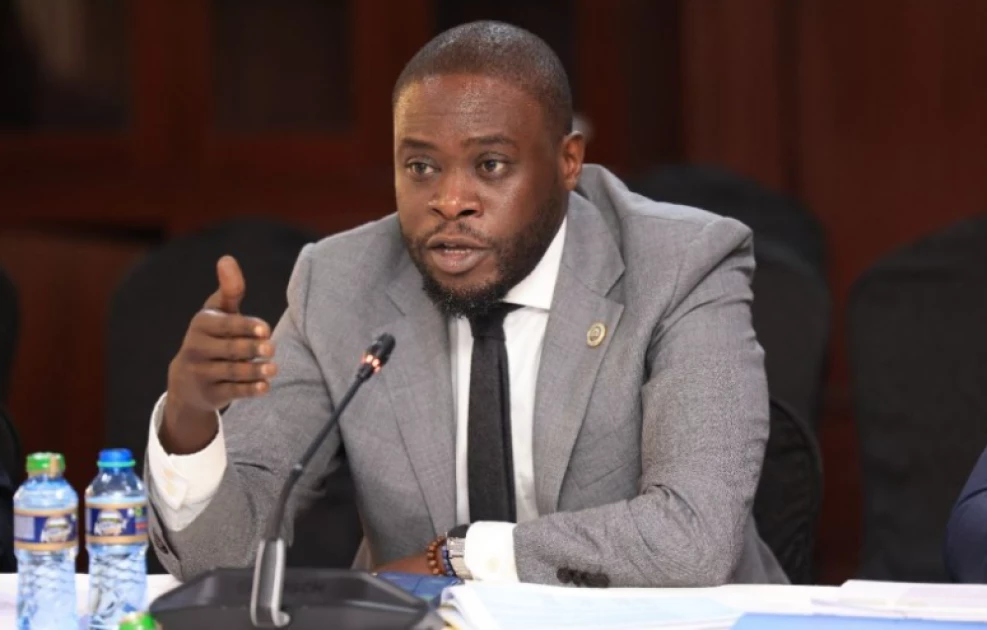Sakaja tells Senate of plan to expand Dishi na County programme to informal schools

File image of Nairobi Governor Johnson Sakaja.

Audio By Vocalize
Nairobi Governor Johnson Sakaja has outlined a plan before the Senate Education Committee to ensure learners in informal schools benefit from the county’s flagship feeding programme, Dishi na County.
Appearing before the committee at Bunge
Tower, Sakaja said the county government is mapping out public schools located
near informal learning institutions as a short-term measure to enable children
from informal areas to access meals during lunchtime.
“In the 230 public schools we have in
Nairobi, we operate 17 central kitchens that currently feed 316,000 learners,
to include all informal schools, we would need 69 more kitchens. It’s a budget
issue. As we work on that, we’ve identified nearby public schools where
children from informal schools can go during lunch to have a meal,” Sakaja
said.
The Governor noted that expanding the
programme to cover informal schools will require additional funding and
infrastructure support.
“If it were up to me, every single child in
Nairobi would be on Dishi na County, including those in informal schools,” he
said.
The Dishi na County initiative, launched by
the Nairobi City County Government, provides daily meals to learners in public
primary and ECDE schools across the city.
Senators sought clarification on how the
county intends to extend the programme to thousands of learners in informal
settlements who are yet to benefit from the initiative.
Governor Sakaja also addressed the
committee on the broader challenges facing education in Nairobi, including
limited public school spaces and the rising demand for bursaries.
“The 210 public schools we have cannot meet
the demand for our population of over seven million people, getting land for
new schools is a major challenge because it’s scarce and expensive. Despite
this, the county is building 1,500 ECDE classrooms, while the national
government is constructing 5,000 more to help bridge the gap,” he
continued.
He added that Nairobi requires affirmative
action to increase the number of public schools, saying the existing 210 institutions
are “far from adequate” to meet the city’s educational needs.


Leave a Comment